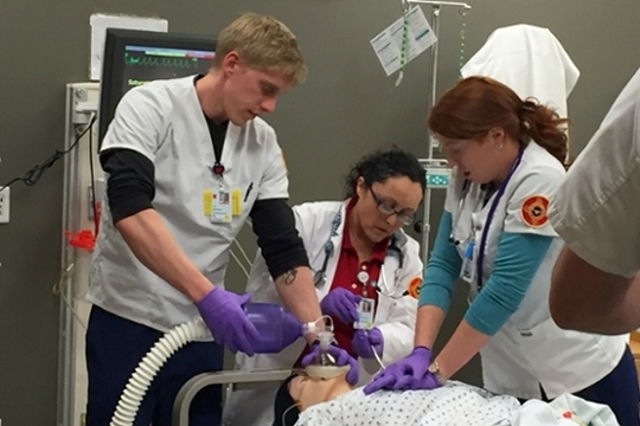
Nursing ETDs
Publication Date
Fall 11-5-2024
Abstract
People with rare disease have lower health-related quality of life (HRQoL) than the general population. Gaucher disease type 1 (GD1) is a rare, autosomal recessive, lysosomal storage disorder that affects multiple bodily systems. HRQoL improved with enzyme replacement and/or substrate reduction therapies, however, little is known about specific variables associated with HRQoL in GD1. This study explored associations between individual characteristics (gender, race, ethnicity, age, and genotype), treatment variables (treatment type, length of time on treatment, and treatment satisfaction) and symptoms of fatigue and pain with HRQoL among 97 adults with GD1. No significant associations were found among individual characteristics or treatment variables and HRQoL. Aging, fatigue, and pain were significant predictors of HRQoL. Younger participants and those reporting lower fatigue and pain reported higher HRQoL. This study informs the development of GD1 disease specific assessments and treatment goals that address issues that significantly impact HRQoL (age, fatigue and pain).
Degree Name
Nursing
Level of Degree
Doctoral
Department Name
College of Nursing
First Committee Member (Chair)
Beth B. Tigges, PhD, RN, PPCNP-BC, FAAN
Second Committee Member
Stephen H. A. Hernandez, PhD, RN, FAAN
Third Committee Member
Elizabeth L. Dickson, PhD, RN
Fourth Committee Member
Wendy Packman, JD, PhD
Keywords
Health related quality of life, rare disease, symptom, pain, fatigue
Language
English
Document Type
Dissertation
Recommended Citation
Mangum, Shauna L.. "The Association of Individual Characteristics, Treatment Type, Treatment Satisfaction, Symptoms of Pain and Fatigue with Health-Related Quality of Life Among Adults With Gaucher Disease Type 1." (2024). https://digitalrepository.unm.edu/nurs_etds/66
